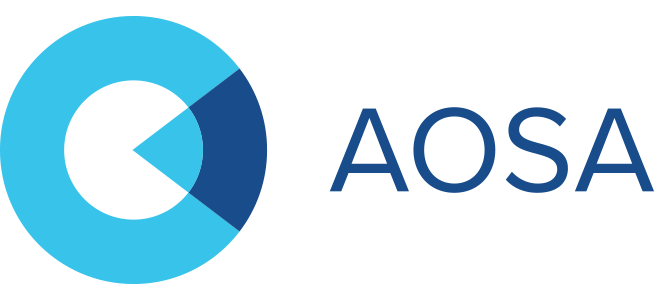
Alexis Bond-Grady, The Ohio State College of Optometry Class of 2024
It’s no secret that the first year of optometry school is difficult. Add to the typical stresses of first year of moving to a new city or state, starting a new school and new curriculum, making new friends and connections and holding a new status in the world as a professional student, and then throw in the fact that you need to do it all from home, knowing your professors only by the voices on your laptop and your new colleagues by their names on an attendance sheet. Yeah, I’d say it could be a bit difficult.
But wait! There is hope! The second year of optometry school has been a completely different experience for my class. We are allowed to go to school fully in person, vaxxed and masked up, we are having club meeting after club meeting and we hit our clinical training with a speed that makes your head spin. In the first month of second year, we’ve learned how to do an entire anterior segment slit lamp exam, Goldmann tonometry, retinoscopy, binocular vision testing, dry-eye testing, neutralize lenses by hand and by lensometry, adjust glasses to improve comfort and vision quality, edge uncut lenses, and, my favorite, manifest refraction. I’m also probably forgetting a few—who knew how much you could learn in an ophthalmic optics lab and rotation in optical?
Although such a change can be scary, it has been such a joyous one for me. This year I have watched my classmates (all of whom I know now—in real life!) go from being afraid to touch each other’s eyelids to navigating the slit lamp like seasoned attendings in just one month’s time. I am so thankful for first year for the great foundational knowledge it gave me to help my future patients, but it is such an amazing feeling to be studying the diseases of the anterior segment of the eye and think “Oh! Yes! I know what this looks like/how this test is performed/how this works!” (Can you tell that slit lamp is also my favorite?)
Of course, there are new challenges, such as the horrible daily occurrence of trying to find parking, putting gloves on again after just washing your hands for the tenth time that day and wearing glasses to lab when you really just want to wear your contact lenses always and forever, thank you (#myopelife). There are also the real issues of time management between practicing skills for multiple classes, studying for didactic classes and juggling club memberships, leadership positions, work, family and relationships—but it’s so much more fun. We’re here. We’re doing the darn thing. And we’re going to be great optometrists for it.
POSTED ON 01.27.22
